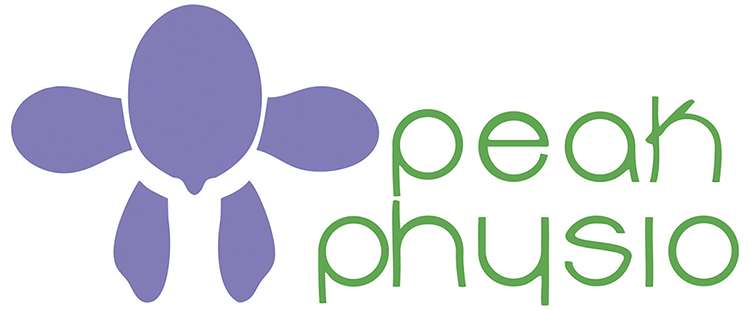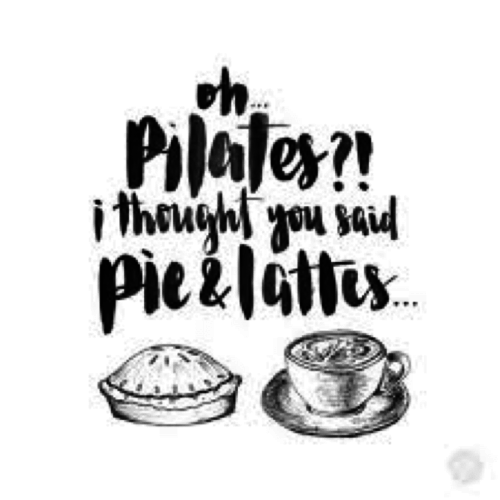Pilates is not just for middle aged women in colour coordinated Lorna Jane outfits with a latte date to boot (skim milk only thanks). Pilates can be performed by both men and women, of any age, from any level of exercise tolerance or background.
Who do Pilates?
There are many potential benefits of Pilates, including:
- Injury prevention
- Rehabilitation after injury, surgery or significant time away from strengthening exercises
- Enhance or improve performance in sports or hobbies
- Treatment of low back pain
- Treatment of sports, work, industrial or recreational related injuries
- Strengthen muscles
- Lengthen muscles
- You get to go out for a latte after (just kidding)
Pilates and “The Core”
What did you first think of when you first read the word ‘core?’ Did you think of Elle McPherson’s 1000 sit ups per day? Did you think of a body builder’s six pack?
What do you think of when the term ‘core stability’ is introduced?
You’re still dreaming about that six pack aren’t you…
Other terms you may have come across, which are used interchangeably for ‘core stability’, include:
- Lumbar/lumbopelvic stabilisation
- Dynamic stabilisation
- Motor control
- Neutral spine
- Trunk stabilisation
- Core strength
- Powerhouse
As physiotherapists, we can’t stress enough the importance of a stable core. It plays a significant role in injury prevention and facilitating correct movement patterns. Core stability refers to both intrinsic muscles AND extrinsic muscles:
- Intrinsic (local) muscles control movement at the individual joint, providing segmental stability through movement such as the multifidus and transverse abdominis.
- Extrinsic (global) muscles refer to the larger muscles of our core such as the rectus abdominis (six pack muscle) and the external obliques which produce the actual movement of the body.
Don’t get too caught up in the names of all the muscles – you have around 640 of them in your body and you aren’t going to learn all their names from reading just one blog! Still, it’s useful to understand that there are different types of muscles that make up the core. Additionally, core stability is affected by passive stiffness (i.e. ligaments, skeletal structures) and active stiffness (the actual muscles).
The other thing to keep in mind is that core stability isn’t really just about the abdominal region. One of the main concepts which the Pilates theory adopts is that the core is NOT just the spine. The core is, in fact, made up of the spine, hips, pelvis and shoulders.
Have we lost you yet?
Core stability in simple terms
Let’s take our new or improved knowledge and simplify it:
Ladies – the core serves as a muscular corset that works as a unit to stabilise the body with and without movement.
Blokes – the core is the engine of all movement. It drives our body.
In essence, a strong, stable core provides the foundation for a dynamic, supple and balanced body. Think core, think stable. You wouldn’t build a house on an unstable foundation, so why not treat your body with the same mentality.
Still, you might ask, “I already do sit ups at the gym, so…”
How is Pilates going to improve my core?
Core training is at the foundation of the Pilates method:
- Exercises in the Pilates series work specifically to target certain muscle groups
- Different levels of exercises ensure that the correct muscle is firing at the correct time
- The Pilates method teaches you to engage your ‘core’ or ‘powerhouse’ prior to movement, this can then transfer into involuntary activation prior to everyday functional tasks
- Pilates activates muscle groups beyond conventional abdominal exercises
- Your physio will be able to adjust your level according to your form, exertion level or pain level
Pilates at Peak Physio
Do you think your core has room for improvement?
Why not try one of the Pilates classes at Peak Physio?
If you’re just looking for a generic workout, our classes may not be for you; however, if you want something tailored and individualised to your level, then read on…
Why Peak Physio Pilates over other methods:
- The classes are designed and run by qualified physiotherapists who specifically work in the field of rehabilitation
- Our method is research based and analyses pathology, normal movement patterns, neuro-muscular timing and neural pathomechanics in relation to each exercise.
- An individualised, goal specific program is created to address your needs
- Before your very first class, you will have a private consultation with one of our physiotherapists to assess past or present injuries, muscle activation patterns, current strength/length of your muscles and facilitate goal setting
- There is a maximum of four clients in each class
- Each client moves through each exercise at an individual level
- Health rebates are available through private health insurance (if applicable)
- Modern equipment and facilities
- Conveniently located in Newcastle’s CBD
- Our physios are constantly up-skilling in the Pilates method in order to introduce new exercises and progressions
- Your program is constantly reassessed to ensure you are working at a level that is appropriate for you
Want to know more about Pilates at Peak?
- Classes are $45 each when purchased individually or $40 in a 10 pass pack
- At least two classes run per day – so we should be able to find a time that suits you
- Class timetables are determined from a demand basis – please let one of our physios or administration staff know if a specific time and day suits you
Written by Claire Benn (Physiotherapist)

